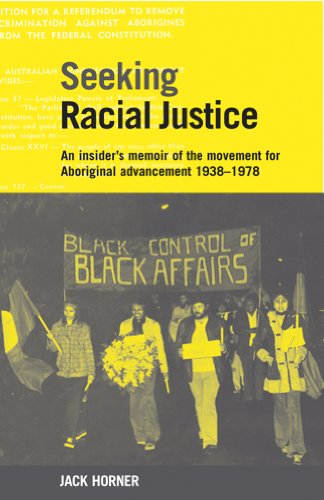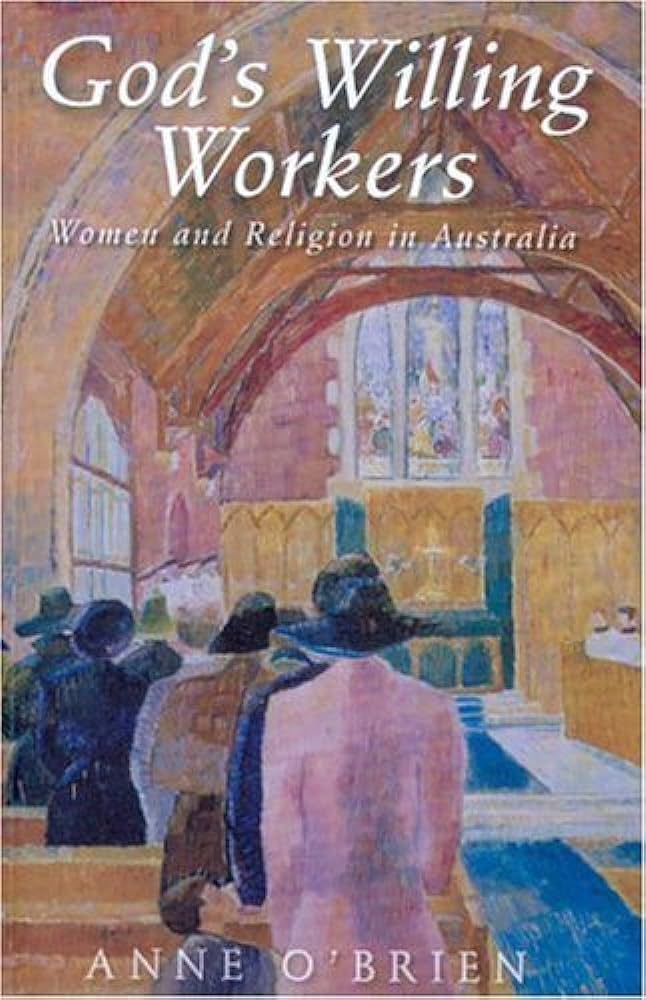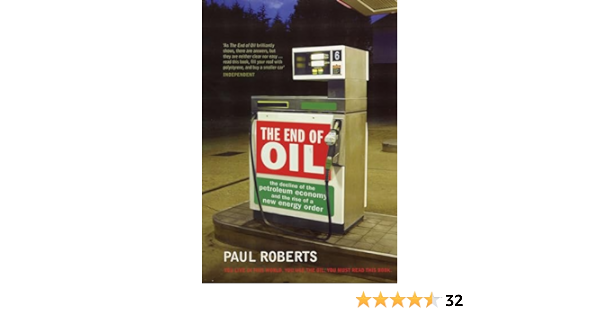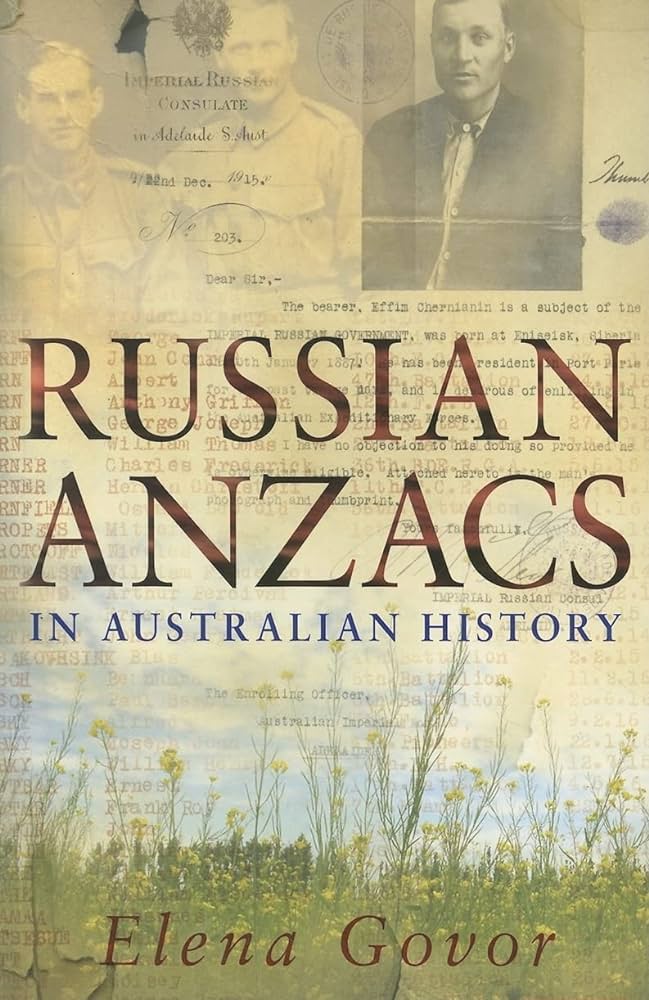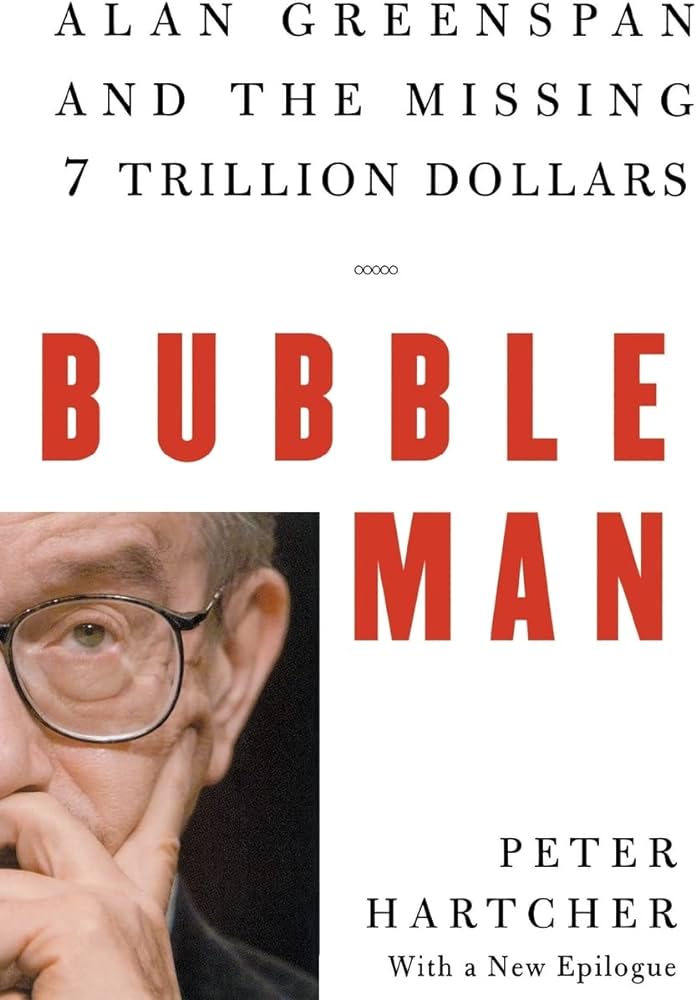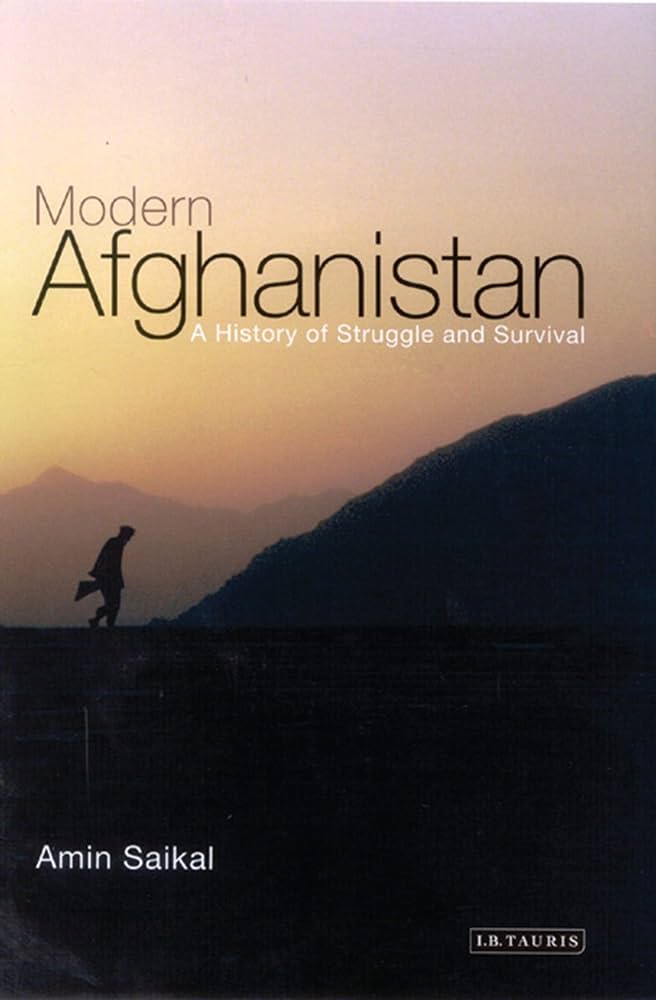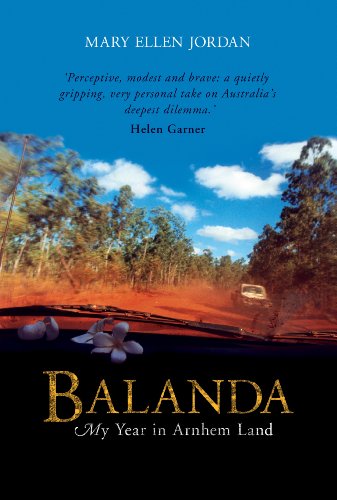Archive
Seeking Racial Justice by Jack Horner & Black and White Together by Sue Taffe
by Matthew Lamb •
God’s Willing Workers: Women and religion in Australia by Anne O'Brien
by Pamela Bone •
High, bright winter’s morning: the tenements’ bare tree-antlers clattering
on each corner and the stepping black spines smooth and glossy
as mirages; framed, the scene shines as if transported to a desert, and never
... (read more)Rivkin Unauthorised: The meteoric rise and tragic fall of an unorthodox money man by Andrew Main
by Philip Clark •
Bubble Man: Alan Greenspan and the missing 7 trillion dollars by Peter Hartcher
by Richard Walsh •
Modern Afghanistan: A history of struggle and survival by Amin Saikal
by Samina Yasmeen •


